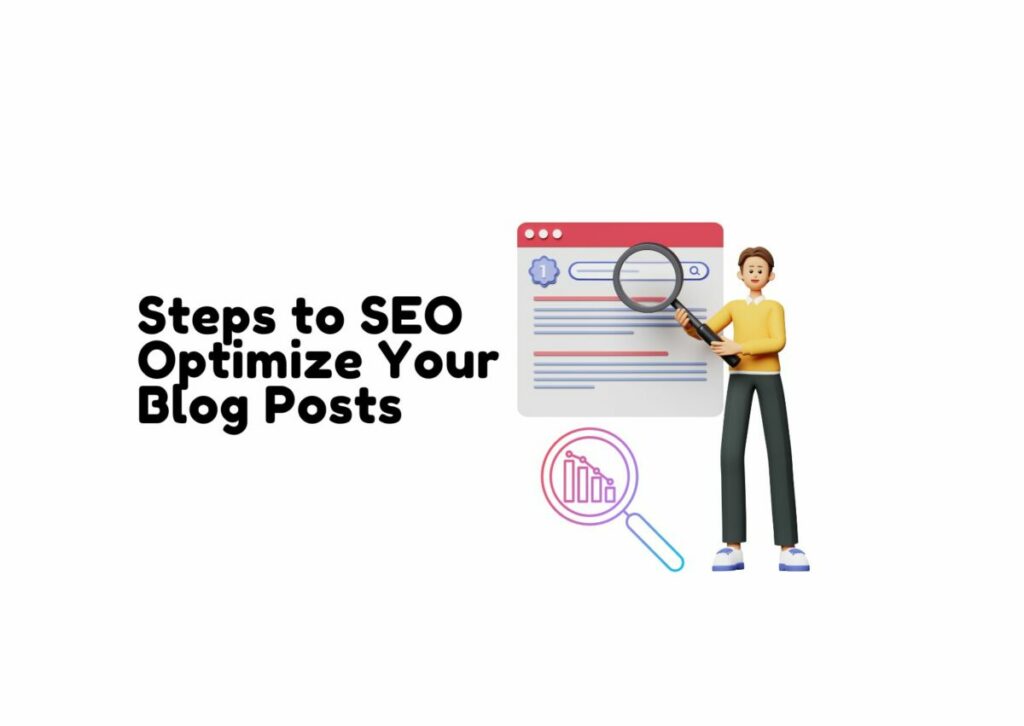Google’s AI Overviews have brought a transformative shift to online search experiences by integrating advanced generative AI capabilities. As users increasingly ask longer, more complex questions, the AI Overviews provide concise and relevant information. This not only makes searches more efficient but also enhances the value of the results. Users find AI Overviews particularly useful because they save time and effort by delivering direct answers and organizing extensive information in an accessible format.
For instance, many users appreciate the way Google’s cutting-edge Gemini model streamlines the search process. It sorts through countless webpages and presents the most pertinent information at the top. This feature has significantly improved the quality of clicks to webpages, ensuring that users find exactly what they’re searching for without wading through irrelevant content. This technology marks a significant leap from traditional search methods, which often required several rounds of refining queries.
However, it’s worth noting that the system isn’t perfect. There have been instances where AI Overviews provided misleading or incorrect information, sometimes due to misinterpreting humorous content or lacking context. Despite these challenges, the ongoing development and updates promise continual improvements, making Google Search an even more powerful tool for users worldwide.
Trends in Content Types Triggering AI Overviews

The trends in content types influencing AI Overviews are shaped by the evolving ways people search for and engage with information. Several key factors are contributing to this shift.
Rising Demand for Quick Answers
There is an increasing need for quick, concise answers among users. The integration of AI Overviews addresses this by providing brief, accurate responses. Google has recognized that users often prefer direct answers to their queries rather than sifting through lengthy articles.
Featured snippets are an example of content that fulfills this need. These snippets display summarized information at the top of the search results, allowing users to get their answers without clicking through multiple links. This shift towards quick answers has influenced how AI Overviews present information, making it more user-centric.
Shift to Voice Search and Queries
Voice search is becoming more prevalent with the rise of smart speakers and voice-activated assistants. This trend has led to a change in the type of content that triggers AI Overviews. Voice search queries are typically longer and more conversational than text-based queries.
As a result, AI Overviews need to interpret and respond to these conversational queries effectively. Google’s Search Generative Experience aims to handle these kinds of voice searches by understanding the intent behind them and providing relevant, comprehensive answers. This adaptation is crucial as more people use voice search for everyday inquiries.
Growth of User-Generated Content
User-generated content is playing a significant role in shaping AI Overviews. Platforms like social media, blogs, and forums are filled with content created by users, which can vary greatly in quality and relevance.
AI Overviews need to sift through this vast amount of information to identify credible and useful content. Google’s algorithm leverages user-generated content for providing diverse perspectives and experiences. This helps in creating more robust and reliable AI Overviews, offering users better insights drawn from a wider range of sources.
Incorporating user-generated content ensures that the AI Overviews are reflective of real-world experiences, making them more relatable and trustworthy for users.
Strategies to Optimize Content for AI Overviews

With Google leveraging AI Overviews in its search algorithms, businesses must adapt their SEO strategies to stay competitive. These strategies include targeting relevant keywords, improving content quality, and ensuring site authority.
Targeting Relevant Keywords
When optimizing content, focus on topics rather than exact keywords. While keywords remain essential, grouping them around broader themes helps AI understand content better. For example, instead of targeting “Italian restaurants,” consider “Best places to eat in Rome.”
Use of Semantic Keywords:
- Primary keywords: Main terms users search for.
- Secondary keywords: Related keywords to provide context.
- LSI (Latent Semantic Indexing) keywords: Words and phrases related to the main keyword.
Such an approach aligns content with Google’s algorithm, enhancing relevance and boosting search rankings.
Improving Content Quality and Accuracy
Content quality and accuracy are critical. Google’s AI Overviews prioritize well-researched, factual, and engaging content. This means:
- Accurate Information: Cite credible sources and update content regularly.
- Depth: Offer in-depth analysis rather than superficial overviews.
- Clarity: Use clear language and avoid jargon.
For instance, an article about AI in healthcare should include current statistics and real-world examples. High-quality content makes your site not just visible but also valuable to users.
Ensuring Site Authority and Trustworthiness
Site authority and trustworthiness are paramount. Google ranks sites higher when they are seen as authoritative and trustworthy. Achieving this involves:
- Backlinks: Secure relevant links from reputable sources.
- E-E-A-T: Emphasize Expertise, Authoritativeness, and Trustworthiness.
- Security: Ensure your website uses HTTPS and has a straightforward privacy policy.
For example, partnering with well-known experts or institutions can boost your site’s credibility. Additionally, integrating user reviews and testimonials can enhance perceived trustworthiness, giving users confidence in your website’s content.
By implementing these strategies, you can optimize your content for AI Overviews and stay ahead in the evolving SEO landscape.
Ensuring Accuracy in AI Overviews

Google’s AI Overviews were created to improve search results by integrating AI to generate concise answers. Accurate information is vital for maintaining user trust and providing reliable insights.
Mitigating the Spread of Incorrect Information
Accuracy is crucial in AI-generated answers. Incorrect or misleading information can harm users. Google’s AI Overview system should be improved to avoid showing unverified or dubious content. Ensuring only high-quality sources are referenced can help.
Data voids, areas with limited data, are particularly challenging. AI may fill these gaps with unreliable information. Google must address these voids by flagging them for human review before publishing.
Fact-Checking AI-Generated Content
AI-generated content should be thoroughly fact-checked. Google can implement additional layers of verification to cross-check information, reducing the chance of errors. Employing robust fact-checking mechanisms and integrating feedback loops for continuous improvement are essential steps.
Regular audits of the AI system can help identify recurring errors or misleading advice. Encouraging users to report inaccuracies ensures that potentially harmful content is swiftly corrected.
Future of AI in SEO
Artificial Intelligence (AI) is reshaping search engine optimization (SEO), and its evolution impacts everything from content creation to search engine algorithms. Key elements shaping the future include enhancements in content generation, the emergence of new AI technologies, and continuous adaptation to algorithm updates.
Predictions for AI Evolution and Content Creation
In the coming years, advancements in AI, driven by tools like Google’s Gemini model, will transform how content is created. Google’s AI Overviews are designed to generate comprehensive and precise answers to complex queries. This evolution emphasizes the importance of nuanced and well-researched content.
Content creators must focus on understanding user intent deeply. Expect AI to take over routine content generation tasks, allowing writers to concentrate on more specific and detailed topics. This shift will demand content that balances AI’s efficiency with human creativity.
Emerging AI Technologies in Search
New AI technologies, including Large Language Models (LLM Products) like those from Google and Microsoft, are redefining the search landscape. Google’s Gemini model represents a significant leap forward, providing more accurate and organized search results.
AI’s ability to handle the nuance of language ensures better interpretation of user queries. These technologies help users find relevant information quickly, whether they’re searching for news, health information, or technological insights. SEO professionals must stay informed about these developments to optimize their strategies effectively.
Adapting to Search Engine Algorithm Updates
Search engine algorithms, continuously updated by companies like Google, play a crucial role in SEO. AI-driven changes impact content ranking, requiring constant adaptation. Google’s AI Overviews affect how top web results are determined, making it essential for SEO experts to monitor these updates closely.
Misinterpreting queries or failing to adapt can result in significant drops in website traffic. Regular analysis of algorithm changes and understanding how AI influences these updates is vital. SEO professionals must remain agile, ensuring content is aligned with the latest search engine criteria.

